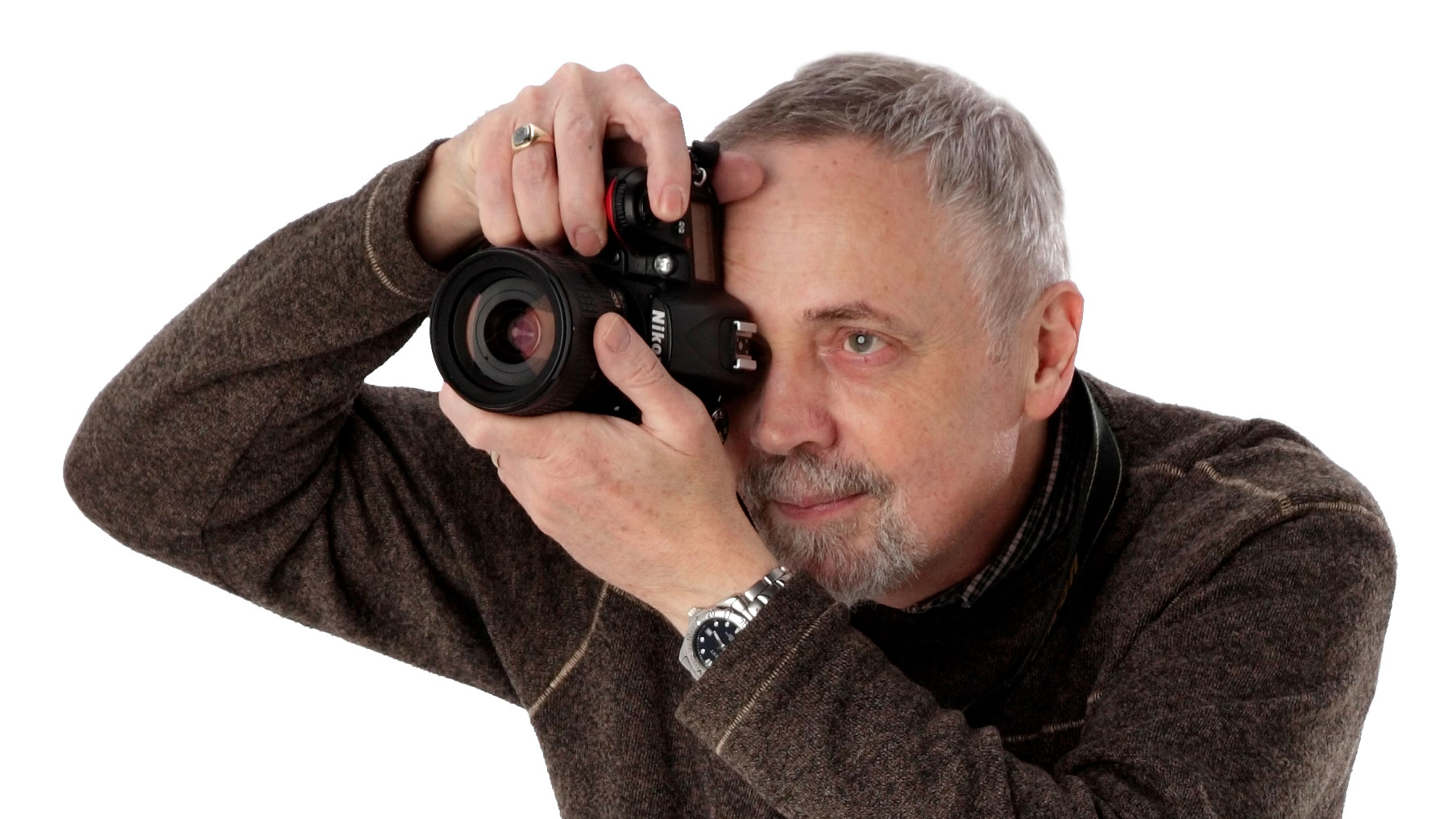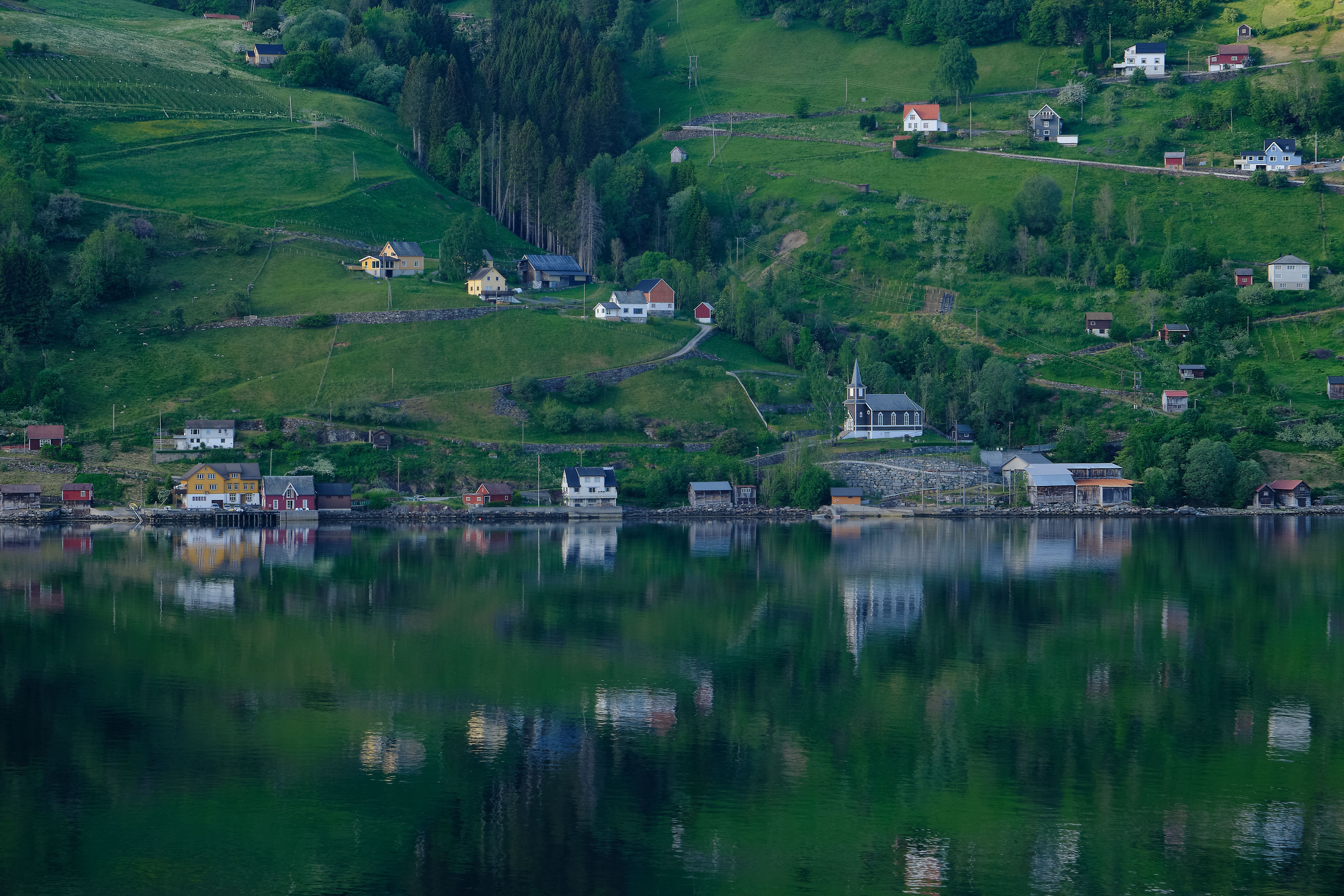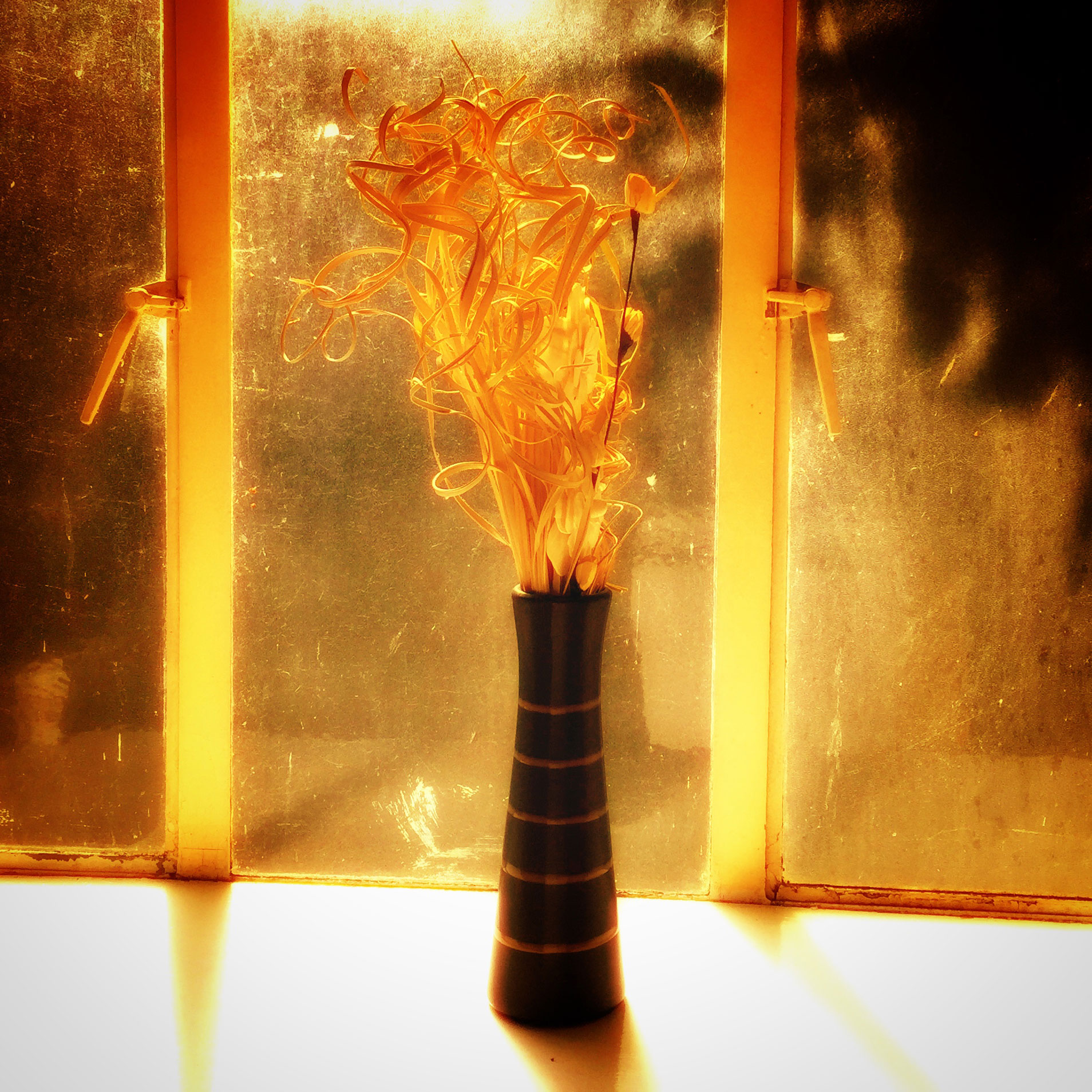I don’t believe in magic, but there is a strange alchemy in photographic imagery
Retro is back. We long for the esoteric, magical properties of old cameras. It’s like we want to go back to the Dark Ages
The best camera deals, reviews, product advice, and unmissable photography news, direct to your inbox!
You are now subscribed
Your newsletter sign-up was successful
Photography is an art that’s also dependent on science, so it’s a curious mixture. Photography would be simpler if you could measure everything and explain everything we love about photographic images, but this is where ‘art’ starts to change the rules. The artistic looks we like this year aren’t the same as those we liked last year, and next year it will be different again.
Some of the best photo editing software doesn't just stick to scientific enhancement, but embraces wild and experimental creative treatments you might never have thought of yourself.
Technical explanations of how images are formed don’t explain why we like some things and not others, especially when we all like different things. You can upgrade to the best full frame camera or best medium format camera to achieve higher levels of technical quality, but it's not going to 'improve your photography' in the broader sense. You'll be taking the same pictures but you can blow them up larger.
You can’t always get what you want, but if you try sometimes, well, you just might find, you get what you need.
Rolling Stones
It gets worse. Some photographic technicalities are easy to measure, such as resolution, dynamic range, and noise. But many more are near-impossible to measure or explain in any scientifically repeatable way.
Now if you have a scientific background, like me, you’re not going to be very happy with that. You’re going to want proof that color science actually exists, what lens ‘drawing’ even means, what the standards are for ‘good’ and ‘bad’ bokeh, and whether old CCD sensors do have a magically different color rendering to modern CMOS sensors (a theory doing the rounds on YouTube right now).
But in the words of the Rolling Stones, “You can’t always get what you want, but if you try sometimes, well, you just might find, you get what you need.”
When I started out in photography, I wanted everything to be scientifically measurable and provable. But that’s not what I got. What I got was a dawning realization that I had a creative side that actually enjoyed the randomness, unpredictability, and complexity of visual images and how we feel about them.
The best camera deals, reviews, product advice, and unmissable photography news, direct to your inbox!
Science vs magic?
The science still matters. I don’t believe in magic. One day we will perhaps be able to pin down, analyze and measure every quality of a photographic image. But I have a feeling that this will require such a large body of interlocking and interconnected concepts that no-one could ever apply this analysis in the split-second it takes to choose and frame an image.
If there is any magic in photography, it’s in the way the creative human mind can see and understand the components and meaning of a scene in the blink of an eye.
And while the color science of light capture and analog-digital processing is a real thing, when you start mixing in film simulations, profiles LUTs and presets it can turn into a strange kind of alchemy that’s somewhere between science and art.
Sci-fi author Arthur C. Clarke once observed that “Any sufficiently advanced technology is indistinguishable from magic.” Photography isn’t magic, but it can sometimes feel like it.
More opinion pieces by Rod Lawton:

Rod is an independent photography journalist and editor, and a long-standing Digital Camera World contributor, having previously worked as DCW's Group Reviews editor. Before that he has been technique editor on N-Photo, Head of Testing for the photography division and Camera Channel editor on TechRadar, as well as contributing to many other publications. He has been writing about photography technique, photo editing and digital cameras since they first appeared, and before that began his career writing about film photography. He has used and reviewed practically every interchangeable lens camera launched in the past 20 years, from entry-level DSLRs to medium format cameras, together with lenses, tripods, gimbals, light meters, camera bags and more. Rod has his own camera gear blog at fotovolo.com but also writes about photo-editing applications and techniques at lifeafterphotoshop.com


